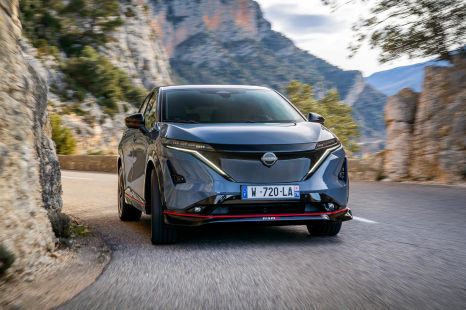

Shane O'Donoghue
2025 Nissan Ariya Nismo review: Quick drive
6 Days Ago
Stellantis wants to give older combustion-powered vans a new lease on life, with plans to introduce an electric conversion kit.
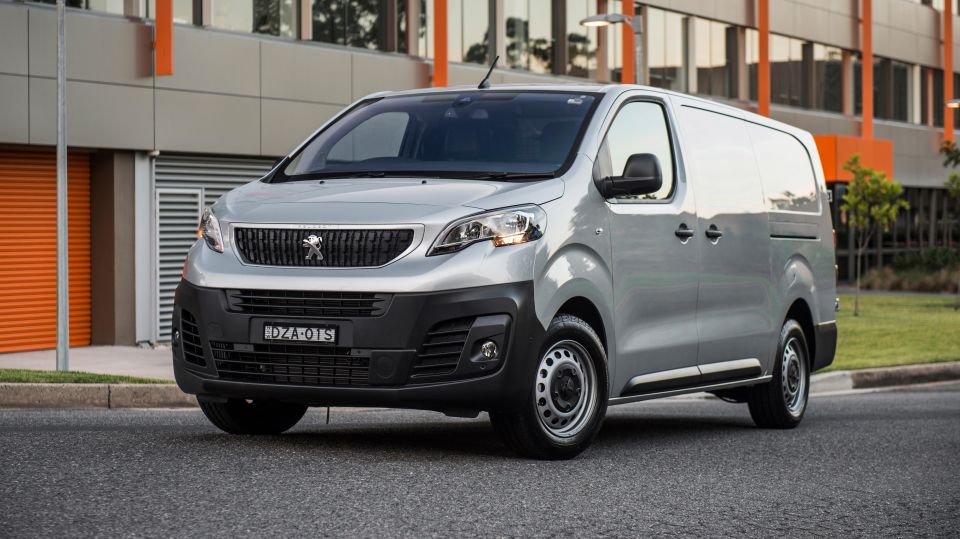
Stellantis has been busily rolling out electric versions of its vans but it isn’t stopping there, with plans to allow owners of existing combustion-powered vans to convert them to electric power.
According to a report from Automotive News Europe, the company plans to launch an electric conversion package in 2024 that will transform its mid-sized vans into electric vehicles (EVs).
Initially, the conversions are targeted at European markets. At this stage, it’s unclear if Stellantis will launch its initiative into other markets.
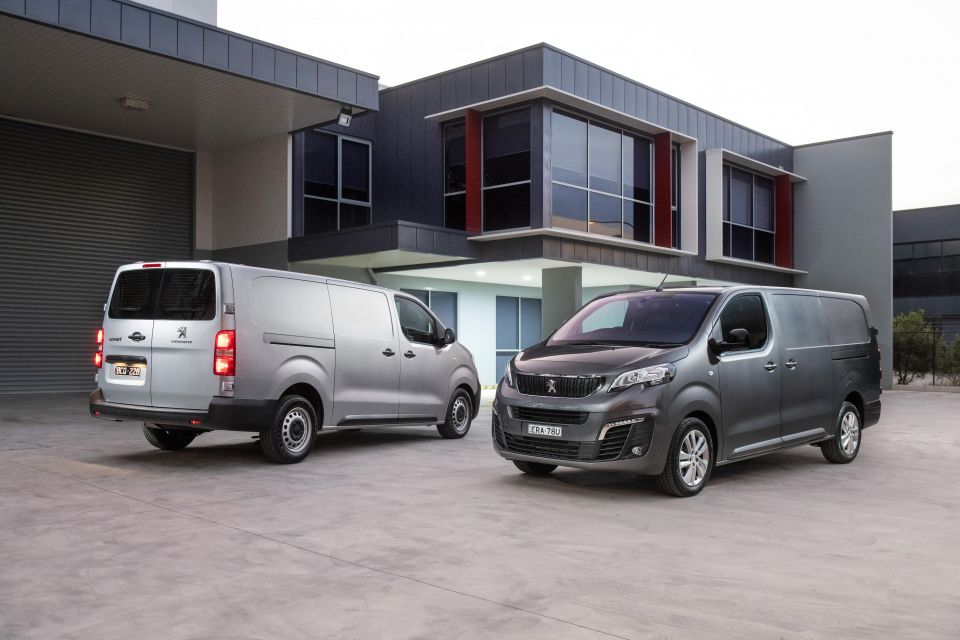
The EV conversion kits are designed to be more affordable than buying a completely new electric van, granting notable advantages to small businesses.
Stellantis is yet to reveal pricing for the kits, but Peugeot indicated to Automotive News Europe that they would retail for under €20,000 (A$33,527).
Exact battery specifications are also unknown. However, Peugeot communicated to Automotive News Europe that the kits would have “credible” range, but this would be below that of new electric vans from the company.
For context, the Peugeot e-Expert, the fully electric version of the company’s mid-sized van, offers a maximum battery capacity of 75kWh with a range of 330km.
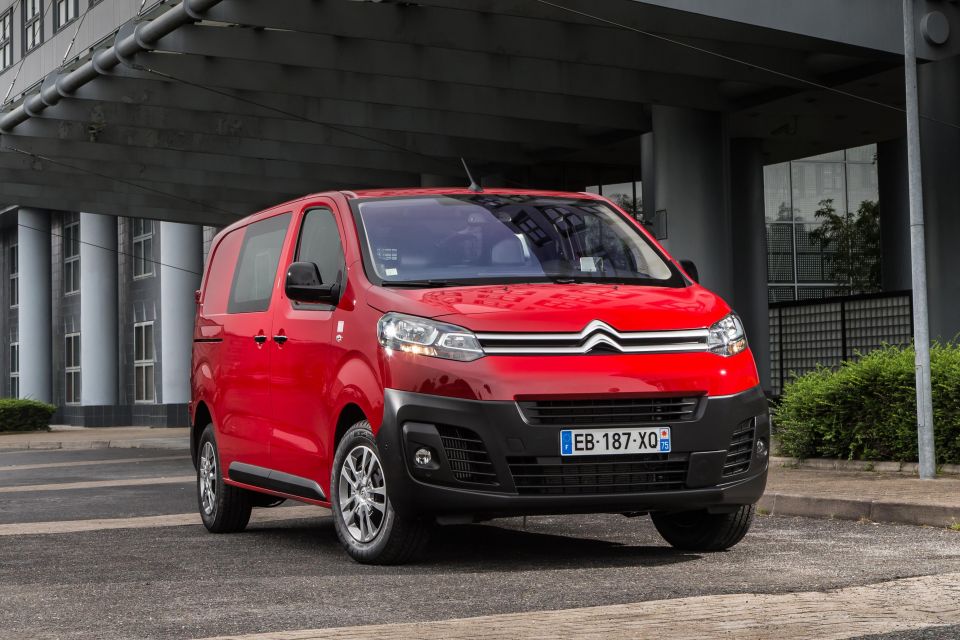
The e-Expert has a single electric motor with 100kW of power and 260Nm of torque.
The conversion kit is reportedly designed for what the company calls its K0 vans, which includes the aforementioned Peugeot Expert, as well as the Citroen Jumpy, Fiat Scudo and Opel/Vauxhall Vivaro.
The K0 vans have recently been facelifted rather than redesigned, thereby reducing costs and ensuring the electric conversion kits won’t become obsolete quickly.
Stellantis will reportedly convert the vans at its own production facilities, but it remains unclear how long the conversion process will take.
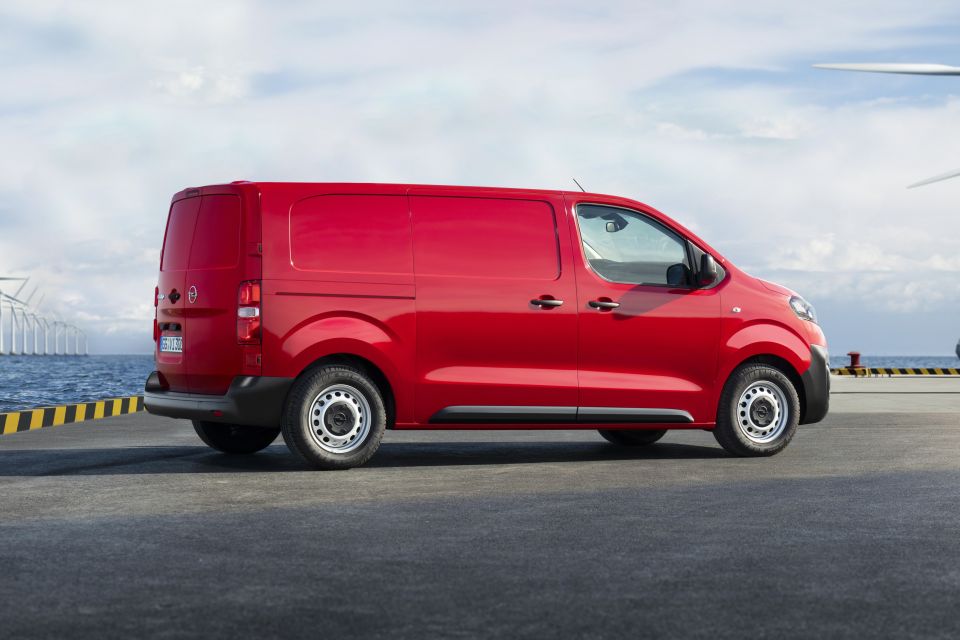
The initial focus for Stellantis’ conversion efforts will be France. The European nation reportedly offers large incentives such as paying for 40 per cent of the conversion cost to a maximum of €10,000 (A$16,755).
However, this comes with the condition that owners must not sell their vans within a year or 6000 kilometres travelled after getting the conversion completed.
Stellantis has reportedly partnered with French conversion specialists Qinomi to produce prototype vans, ahead of full commercialisation.
The automotive giant is reportedly looking to expand its circular economy business, with ‘second-life’ vehicles contributing to the growth. The other element in Stellantis’ circular economy plan is the recycling of used parts.
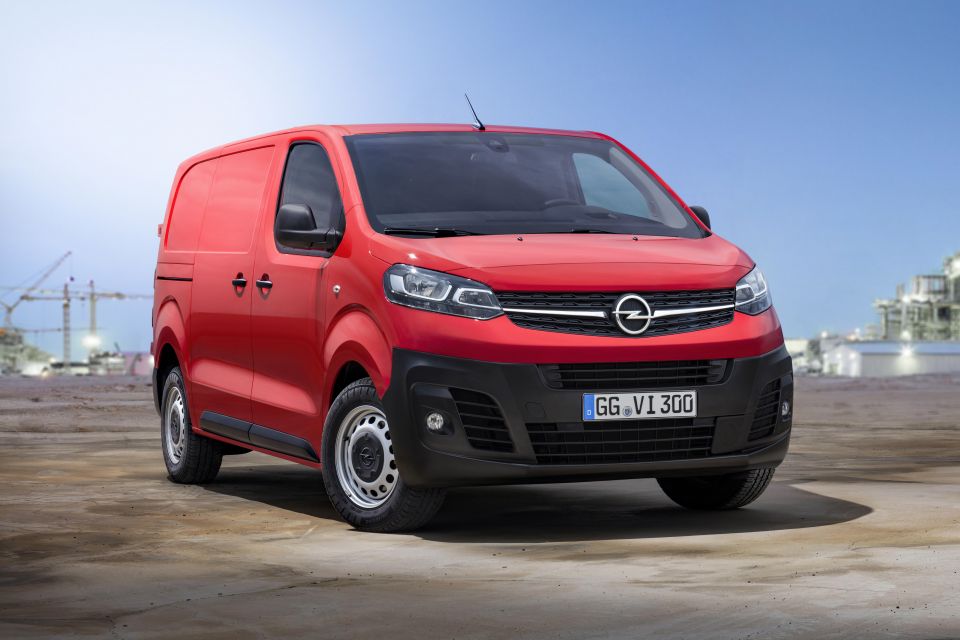
The company reportedly plans to generate up to €2 billion (A$3.35 billion) in revenue by 2030 from its circular economy business.
Renault, a French rival to Stellantis-owned Peugeot and Citroen, has similar ambitions. The French company has reportedly partnered with conversion specialist Phoenix to convert its range of Master vans, so long as they are more than five years old.
It’s unclear when Renault plans to bring its conversion kits to market, but it will reportedly use its Flins plant near Paris to undertake the conversions.
In addition to converting vans, the Flins plant will also reportedly be used to process used-car air-conditioning and used EV batteries, retain used EV batteries for ‘second-life’ purposes, retrain staff and refurbish parts.


Shane O'Donoghue
6 Days Ago
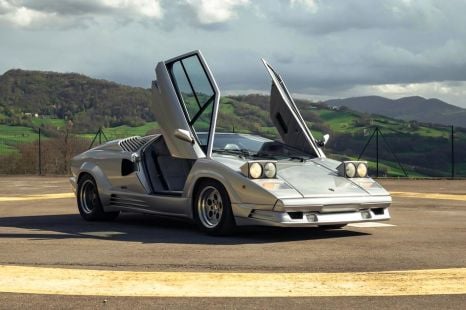

Anthony Crawford
5 Days Ago


Matt Campbell
4 Days Ago


James Wong
3 Days Ago


Max Davies
1 Day Ago
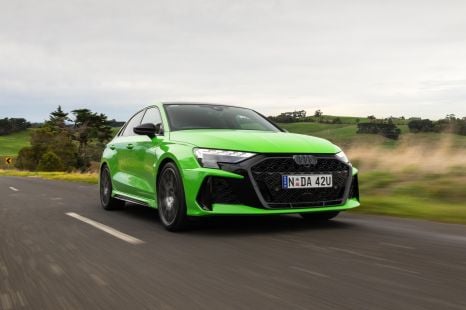

Josh Nevett
11 Hours Ago